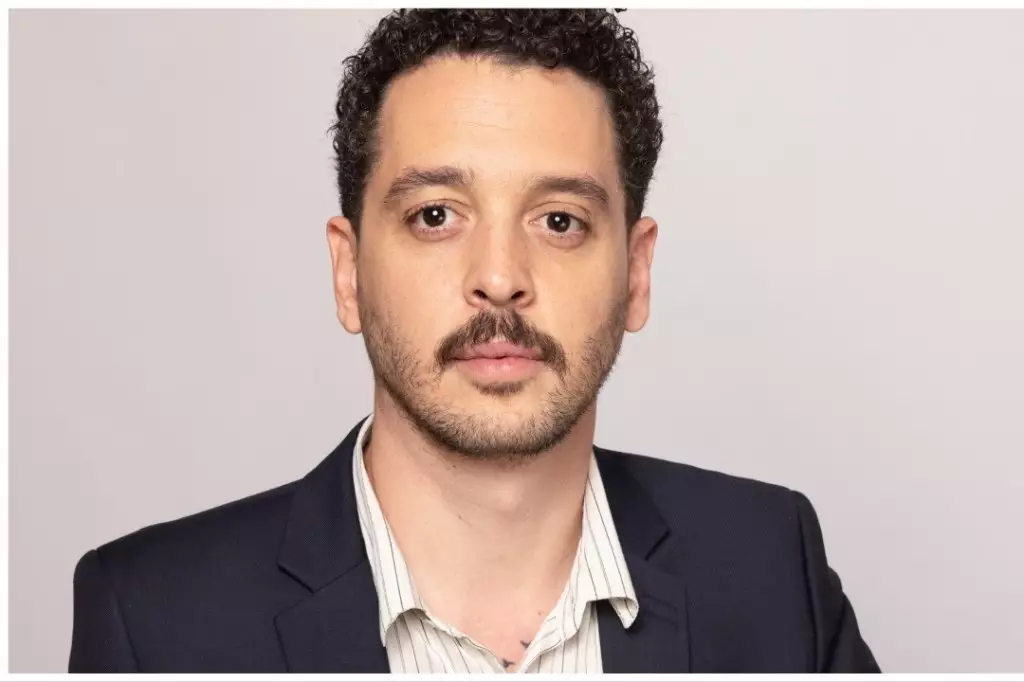Amjad Al Rasheed’s debut feature film, “Inshallah A Boy,” has captivated audiences and critics alike since its premiere at the Cannes Critics Week. This poignant film, which has been selected as Jordan’s official submission to the Oscars, tells the story of a Jordanian housewife named Layla (portrayed by the incredibly talented Mouna Hawa). Layla finds herself on the brink of losing her home and daughter following her husband’s death, due to archaic local laws and customs that deny inheritance rights to women. Desperate to hold on to what she treasures most, she hatches a desperate plan. Al Rasheed co-wrote the script with Rula Nasser and Delphine Agut, drawing inspiration from a close relative’s real-life struggles.
Challenging Gender Inequality
“Inshallah A Boy” delves deep into the harrowing experiences faced by countless women in Jordan and other parts of the world where patriarchal systems are deeply ingrained. Layla’s predicament reflects the injustice women face daily, highlighting the urgent need for change. The film unflinchingly examines the inherently unequal laws and practices that deny women the right to inherit their family homes. Al Rasheed invites viewers to question the repercussions of such customs and to ponder the consequences for those who dare to challenge them.
Al Rasheed’s decision to base “Inshallah A Boy” on a close relative’s experience adds a layer of authenticity that resonates deeply. By translating personal struggle into a compelling narrative, the film becomes a powerful tool for shedding light on the persisting gender inequality issues faced by women in Jordan. It forces us to confront the harsh realities that these women endure and compels us to question the societal norms that perpetuate such injustice.
Through Layla’s journey, “Inshallah A Boy” showcases the indomitable spirit of women who refuse to accept their prescribed fate. Layla’s determination to give birth to a son, defying societal expectations, demonstrates the lengths women will go to challenge inequality and protect their loved ones. As the plot unfolds, the film examines the toll such defiance can take on individuals who find themselves caught between tradition and their aspirations for a better future.
Creating a Call for Change
“Inshallah A Boy” serves as a powerful catalyst for open dialogue around outdated customs and laws that perpetuate gender inequality. By showcasing Layla’s struggle and her desire to rewrite the rules, the film inspires viewers to question and challenge the status quo. It ignites a call to action, demanding that society reevaluate its treatment of women and work towards creating a more equitable future.
“Inshallah A Boy” is not merely a film; it is an urgent plea for change. Through its captivating storytelling and thought-provoking exploration of gender inequality and tradition, the film sparks a vital conversation about women’s rights. Al Rasheed’s masterful direction, coupled with exceptional performances from the cast, ensures that this film will leave a lasting impact on audiences worldwide. As “Inshallah A Boy” continues to make waves on the festival circuit, it has the potential to serve as a catalyst for societal transformation, propelling us towards a future where gender equality is not just an aspiration but a reality.


Leave a Reply